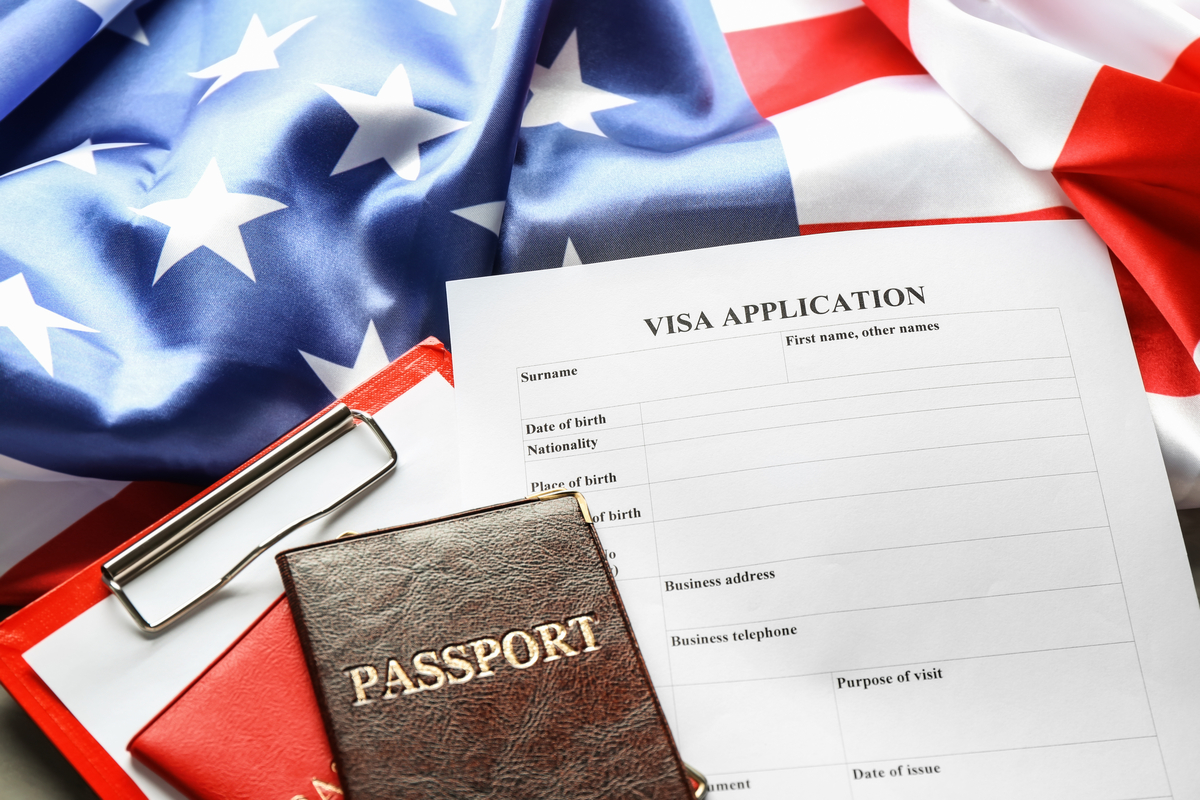 BY: CORY A. RICHARDS
BY: CORY A. RICHARDS
The recent May 30th EB-5 Policy Memorandum (“PM”) has created an immense ripple in the EB-5 community. Most of the discussions regarding the PM focus on the effect it will have on future adjudications. However, what about the current adjudications in the federal court pipeline?
For instance, the PM’s policy change on “material change” could have a profound effect in Kyu Seock Lee, et al. v. USCIS, a pending case in the U.S. Central District of California that was filed before the release of the recent PM.
Important highlights of the case:
- EB-5 investors invested $2.5 million loan to an automotive parts manufacturing business;
- Economic downturn prevented the investment from creating the necessary number of jobs required by USCIS;
- EB-5 Investors shifted their funds to a second job creating business;
- USCIS finds “material change” in the approved I-526 plan because the second job creating business did not appear in the I-526 petitions and thus denied the I-829 petitions.
The court in this case seems to agree with USCIS, stating both that the I-829 must adhere to the plan approved in the I-526, and that the I-829 does not give the investors the opportunity to receive a rubber stamp on a wholly different business plan.
However, the investor’s argue that their I-829 petition business plan was not a “material change” to the I-526 plan, as the original petitions mentioned the possibility of making loans to multiple job-creating entities. Further, the investor’s contend that the “material change rule” did not exist when they filed their I-829 petitions, and therefore should not apply to them retroactively.
As noted in our analysis of the May 30 EB-5 memorandum, the new PM adopts a liberal view on “material change” for investors. The PM states that in order to provide flexibility to meet the realities of the business world, USCIS will permit an alien who has been admitted to the United States on a conditional basis to remove those conditions when circumstances have changed. An individual investor can, at the prescribed time, proceed with his or her Form I-829 petition to remove conditions and present documentary evidence demonstrating that, notwithstanding the business plan contained in the Form I-526, the requirements for the removal of conditions have been satisfied. Pursuant to this policy, USCIS will no longer deny petitions to remove conditions solely based on failure to adhere to the plan contained in the Form I-526 or to pursue business opportunities within an industry category previously approved for the Regional Center.
Applying the PM to Kyu Seock Lee, et al. v. USCIS, the “material change” issue should no longer be a concern. As a result, the case will most likely be resolved outside the court.
DISCLAIMER: The views expressed in this article are solely the views of the author and do not necessarily represent the views of the publisher, its employees. or its affiliates. The information found on this website is intended to be general information; it is not legal or financial advice. Specific legal or financial advice can only be given by a licensed professional with full knowledge of all the facts and circumstances of your particular situation. You should seek consultation with legal, immigration, and financial experts prior to participating in the EB-5 program Posting a question on this website does not create an attorney-client relationship. All questions you post will be available to the public; do not include confidential information in your question.








